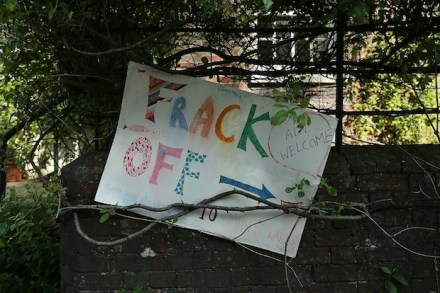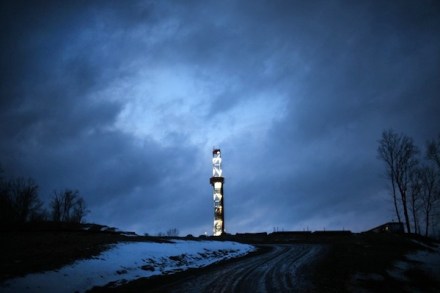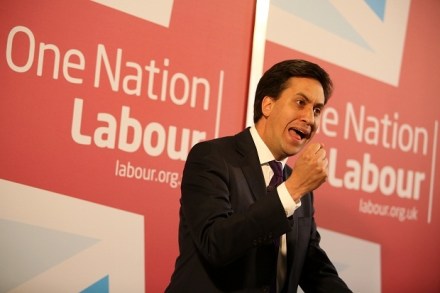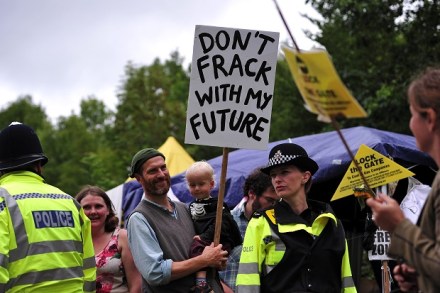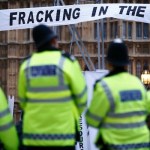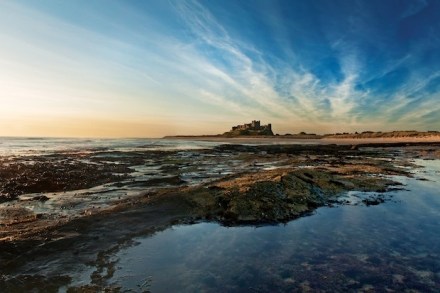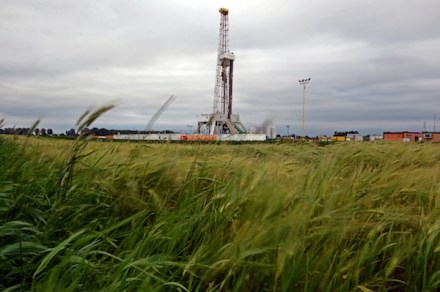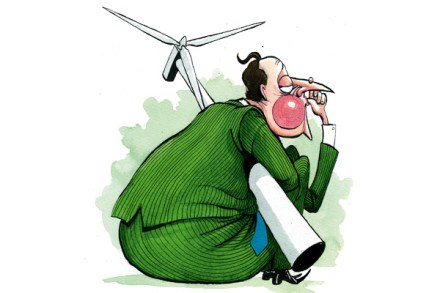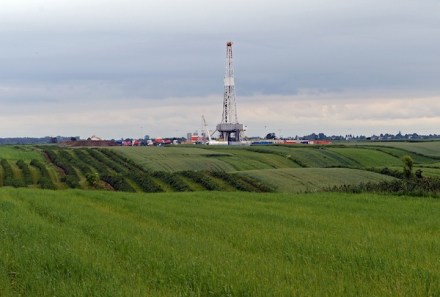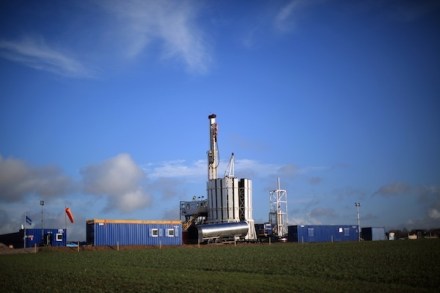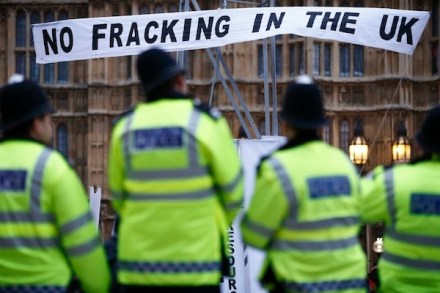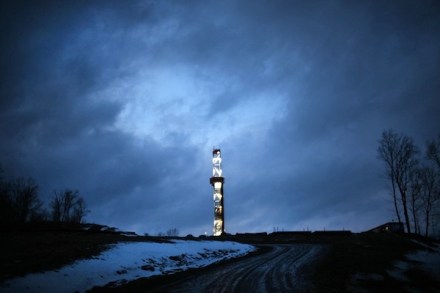The Guardian’s latest crush: Justin Welby
The Church of England has had some surprisingly good press recently. Who knows how these things happen, but the media seems to have decided to stop attacking its homophobia, and to start praising its social vision. The change at Lambeth Palace seems to have prompted this shift, which is a bit ironic, as Justin Welby is far more involved in the sexually illiberal side of Anglicanism than Rowan Williams was, but never mind. It has also been prompted by persistently hard economic times: the Church’s involvement in deprived communities gradually wins it more attention. Maybe it has insights that normal political bodies lack. Would you believe it? Some of the




